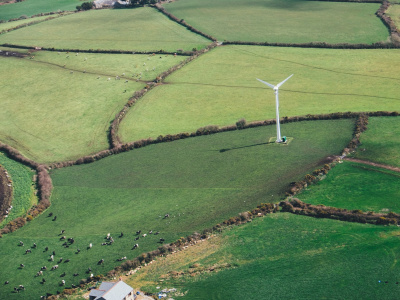
Towards a global green recovery: The cases of Denmark, the EU, Germany, the Netherlands and the UK
Jeske van Seters and Nadia Ashraf look at how Denmark, the EU, Germany, the Netherlands and the UK are developing approaches to support a global green recovery through their foreign policies.
Summary
The COVID-19 pandemic has brought into stark reality the need to build resilient and sustainable economic systems that allow countries to cope with and reduce the likelihood of future crises. A global green recovery could address this, as well as accelerate progress towards achieving the Sustainable Development Goals and the Paris Agreement targets. This paper provides insights into the emerging approaches of Denmark, the European Union (EU), Germany, the Netherlands and the United Kingdom (UK) to support a global green recovery through their foreign policies.
Among other things, the paper highlights that:
- Sector priorities of global green recovery efforts can be informed by existing development cooperation priorities, but also need to take into account challenges and opportunities in certain sectors, including political considerations. For example, the COVID-19 pandemic has considerably lowered fossil fuel prices, which opens opportunities for fossil fuel subsidy reform with less disruption.
- Multilateral organisations, in particular multilateral development banks, are considered key in supporting global green recovery efforts. Development partners can seek to influence them in different ways, including through engagement at the management and country levels (such as field offices of banks) and through the provision of earmarked funding.
- Partnerships with different actors and at different levels (the EU’s ‘Team Europe’ approach for instance) are considered vital to promote a global green recovery.
- More efforts can be made to support particularly vulnerable groups through green recovery measures, such as women and youth, as well as small and medium enterprises.
The paper provides a basis to inform and further analyse the global efforts to integrate environmental considerations into COVID-19 recovery efforts.
This paper was commissioned and financially supported by PBL Netherlands Environmental Assessment Agency, which have used our case studies as input for a publication on what characterises the global green recovery narrative and what considerations may stem from these characteristics for global green recovery stimulus.





